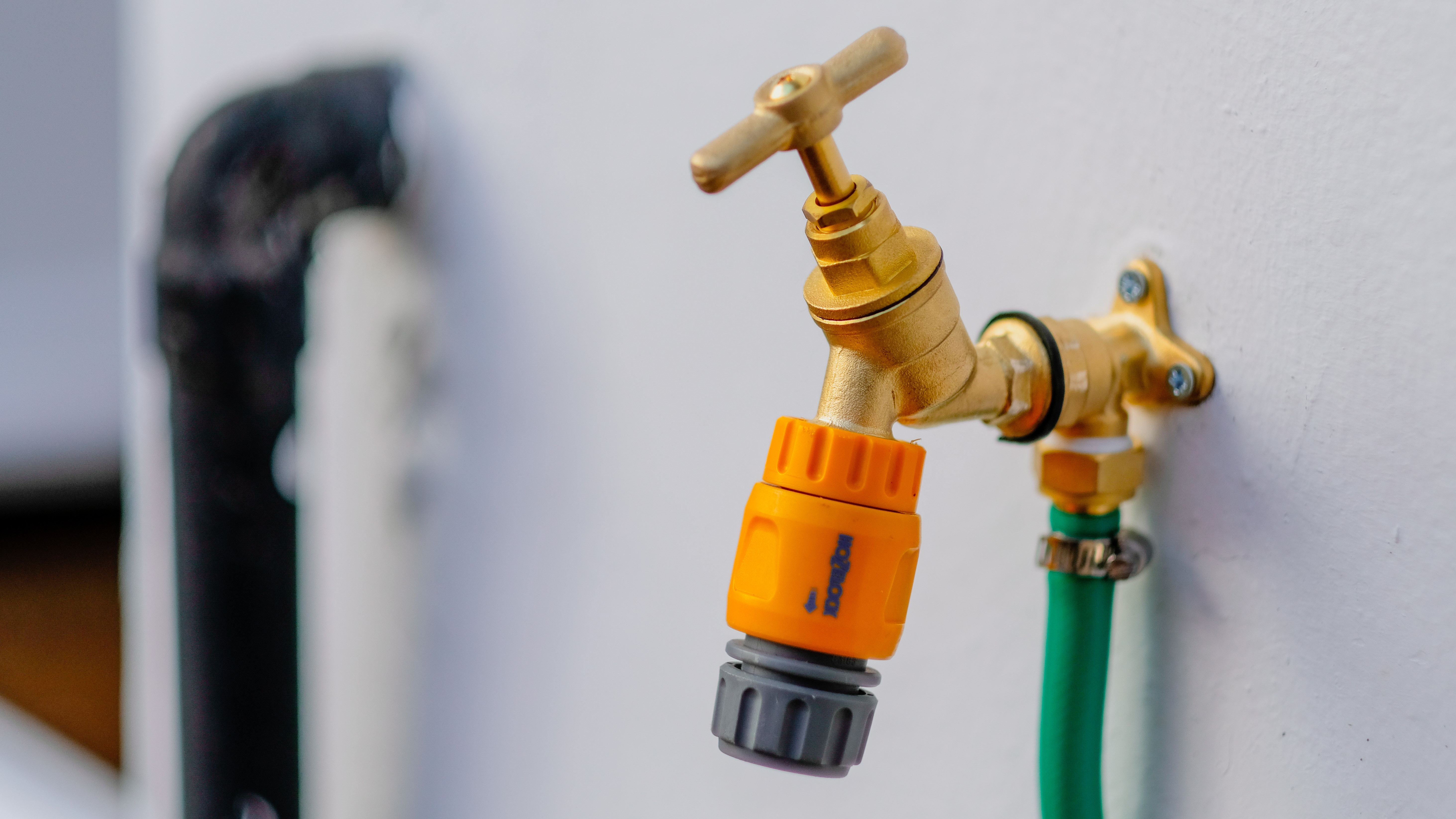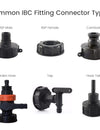
What is grey water and how can it be used?
With Australia’s long dry periods extending and water becoming a growing valuable resource, recycling water is becoming a more common topic. You may have heard the term Grey Water pop up. So what is Grey water? and how can you use it to save hundreds of thousands of liters of water each year. Here are some of the most common questions about Grey Water.
What is Grey Water?
Grey Water is water that has been domestically used and contains contaminants (eg. dirt, lint and soap) but not organic matter.
Grey water can come from the following sources:
- Shower
- Bath
- Bathroom sink
- laundry
Kitchen water is not classed as grey water as it contains food and grease although with the use of a grease trap, some Australian states will allow you to then use your kitchen water as grey water.
Whats the difference between grey water and black water?
Black water is classified as water that contains pathogens. Toilet water is classified as black water and has to be treated in a specific way. Black water can not be used to irrigate your garden where as grey water can be.
Is kitchen water Grey water?
Water from your sink can contain food and grease that can harbour pathogens. For this reason some local councils regard kitchen water as black water. Others allow kitchen water to be used in a grey water diverter system as long as it passes though a grease trap first. Contact your local council to find out the regulations for your area.
Can you recycle Grey water?
Of course! Recycling Grey Water is one of the may ways you can help in reducing your environmental footprint. Reusing your households grey water can help you save as much as 200,000 Liters or 50,000 Gallons per household per year. Thats a huge saving that can help reduce your water bill drastically.

How can I recycle my Grey water?
One of the main ways to reuse Grey Water is by using a grey water diverter to divert your grey water and irrigate your garden. Australia is a dry place by nature and using precious drinking water to irrigate our gardens just does not make sense, not to mention the added cost.
By diverting your grey water onto your garden you can have a green lush garden year round. In fact the high nutrient load in grey water will ensure your plants grow at an unprecedented rate! In Australia it is not permitted to store grey water Untreated for more than 24 hours. This is why we use a diverter system.
Untreated grey water may:
- turn septic
- give off offensive odours
- provide conditions for the growth of micro-organisms
- breed mosquitoes.
When the immediate use of grey water is not practical (for example, during periods of wet weather) it should be diverted to the sewerage system.
What are the benefits of recycling Grey water?
There are many benefits to recycling grey water.
Here are just a few Benefits of grey water:
- Reduce irrigation costs
- reuse water you have already payed for
- reduce your environmental footprint
- meet eco friendly housing code standards
- sustain a green garden year round
- A lot of local councils are requiring the use of a grey water system to meet eco friendly codes.
How much water can I save?
The average Australian household can re-use around 2,800 litres of greywater each week.
Water savings can very depended on the size of your household but a large household can save up to 200,000 lites of water a year.

http://www.yourhome.gov.au/water/wastewater-reuse
Grey Water treatment vs Grey water diverter
A grey water treatment systems collects, stores, treats, and disinfects grey water to specific standards. Grey water treatment systems can cost up to $10,000. After grey water has been treated it maybe used for more then just irrigation some used may include:
- toilet flushing
- laundry use (cold water source to washing machines)
- vehicle washing
- path and wall wash down
- lawn and garden spray irrigation.
A Grey water diverter simply filter out lint and hair before diverting grey water onto your garden. Grey water diverters cost a lot less then a treatment system. In some locations councils require you to install a treatment system over a diverter. Please check your local regulations.
How much does it cost to install a grey water diverter system?
A grey water diverter system can cost anywhere from $600 to $3000. installation by a plumber is recommended and required in some States and territory’s. To some that mite seem like a lot up front but when you work out how much you can save on your water bill and to achieve the benefits discussed above, its an investment worth having.
Can I use a sprinkler with grey water?
Yes and no. It depends on what system you have. As grey water is still an unsanitary form of water, you are not allowed to spray it into the air. Drip irrigation the the best way to disperse of grey water. Sprinklers can be used with grey water if you are using a a grey water treatment system.
Conclusion
Grey Water is water from the following sources:
- Shower
- Bath
- Bathroom sink
- laundry
- airconditioner
Kitchen sink water can sometimes be classified as grey water with the use of a grease trap. With the use of a grey water diverter system you can save up to 200,000 Liters a year per houshold.
A grey water treatment system can be used to clean the water for additional uses like:
- toilet flushing
- laundry use (cold water source to washing machines)
- vehicle washing
- path and wall wash down
- lawn and garden spray irrigation.
If you have any other questions please leave us a comment. In the mean time have a read of some other articles on this topic.







